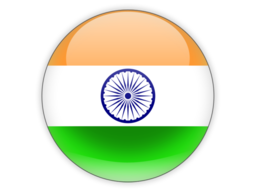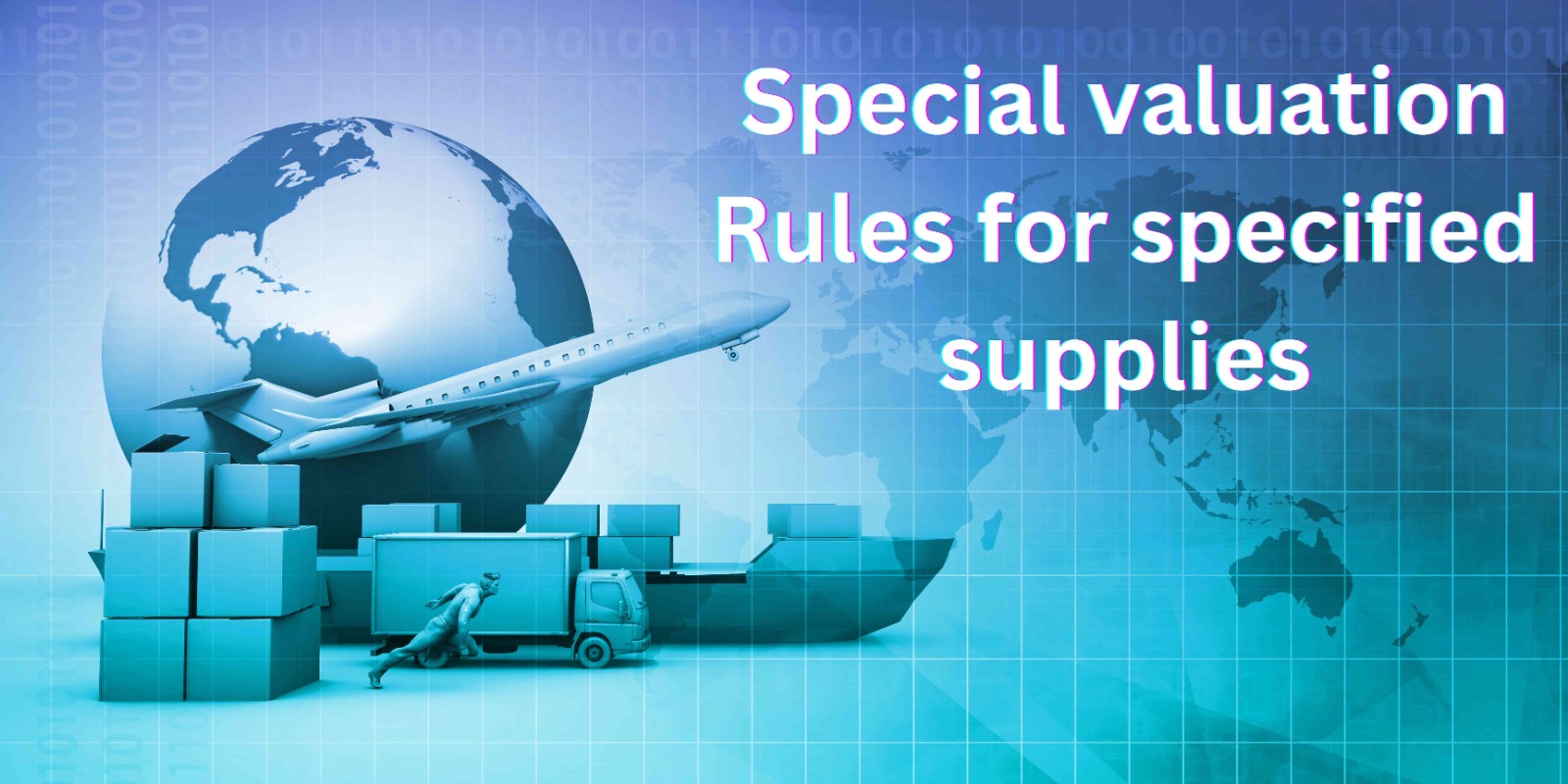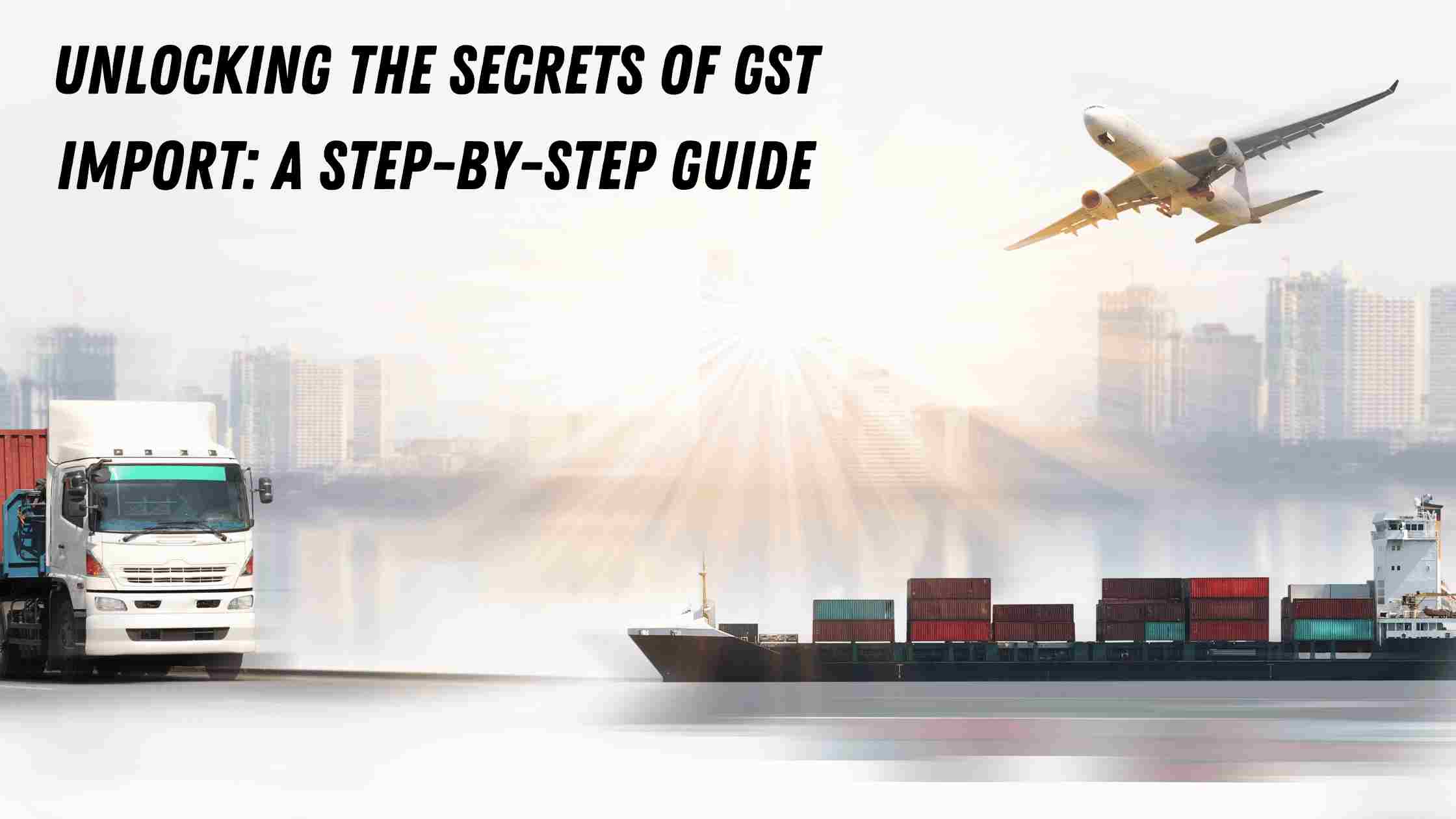For the following services, law has provided separate valuation rules.
- The service of purchase or sale of foreign currency, including money changing.
- The service of booking tickets by an air travel agent.
- Life insurance service.
- Buying and selling of second-hand goods.
- Voucher or token which are redeemable against goods or services.
- Supply in case of lottery, betting, gambling and horse racing.
1.Valuation rules for supply of lottery, betting, gambling and horse racing:
- If supply of lottery is by organising state, Organising state means the state government which is conducting lottery.
Value of supply will be higher of:
- 100/128 of face value of ticket; or
- 100/128 of the price notified by organising state.
- Value of supply of actionable claim in the form of chance to win in betting, gambling or horse racing in a race club will be computed as follow:
- 100% of face value of the bet or amount paid to wining persons (after deduction of charges and stat dues)
2. Value of supply in case of purchase or sale of foreign currency, including money changing:
The department has prescribed 2 methods:
Method 1:
Case 1: Transaction when one of currency exchanged is Indian Rupees
The value of supply will be difference between the buying or selling rate of currency and reference rate notified by RBI multiplied by total units exchanged.
If exchange rate is not notified by RBI, then value will be 1% of gross amount of Indian Rupees provided or received by person changing money.
Case 2: Transaction when neither of currency is Indian Rupees:
The value of supply will be 1% of lower of Indian rupees received by person if both currencies converted.
Example: Person converting $5000 into £ 4500. The RBI rate notified for 1$ is INR 80 and 1£ is INR 90.
The value of supply will be 1% of lower of Indian rupees if both currencies converted.
$5000 converted into INR; 5000*80 = 400,000.
£4500 converted into INR; 4500*90= 405,000.
Value will be 1% of 400,000 i.e. INR 4000.
Method 2:
The taxpayer has option to determine the value of supply based on slab rate. For this, he has to opt during the financial year and once opted cannot withdraw during the remaining period.
| S.No | Amount exchanged | Value of supply |
| 1. | Upto INR 1 Lakh | 1% of the gross amount exchanged Or INR 250, whichever is higher |
| 2. | More than INR 1 Lakh but upto INR 10 Lakhs | INR 1,000 +0.5% of (gross amount exchanged less INR 1 lakhs); |
| 3. | More than INR 10 Lakhs | INR 5,500 +0.1% of (gross amount exchanged less INR 10 lakhs); or INR 60,000, whichever is lower. |
3. Valuation of booking tickets by an air travel agent:
The value of service for booking of tickets for air travel is 5% of basic fare in case of domestic travel and 10% of basic fare in case of international travel.
Basic fare is fare on which commission is paid to agent by airlines.
4. Valuation in case of life insurance business:
Value of supply will be based on nature of policy. Refer below for valuation rule for each type of policy.
- Policy which covers risk coverage and investment;
Value of supply will be Gross premium charged minus amount allocated for investment (if informed to policy holder amount investment premium)
- Single Premium policy which covers risk and investment:
The value of supply is 10% of single premium charged from policy holder (if investment portion is not intimated to policy holder)
- Other cases where policy covers risk and investment:
Value of supply is 25% of premium charged in the 1st year and 12.5% afterwards
- Policy which covers only risk:
The value of supply will be entire premium amount charged.
5. Valuation Rules in case of buying and selling of second-hand goods
If earlier ITC was claimed on second hand goods, then valuation will be as per normal provisions.
For other cases, value of supply will be the margin amount earned by taxpayer, if negative margin value is zero.
- Value of supply in case of buying and selling of old and used motor vehicles (only when ITC is not availed):
If person was claiming depreciation under Income Tax Act, 1961 the value will be consideration received less carrying amount as per IT Act on date of sale.
- Value of supply when goods are repossessed by lender from defaulting borrower:
If defaulting borrower is un-registered person, the purchase value is Purchase value at time of initial purchase less 5% for each or part of quarter till date of repossession.
Defaulting borrower is registered person, purchase value is initial purchase value without reduction.
6. Valuation Rules in case of redeemable vouchers, stamps, coupons and tokens:
The value of token, voucher or coupons which are redeemable against supply of goods or services, then value will be equal to the money value of goods or services taken.
Disclaimer:
The information provided in this content is for general informational purposes only. You should always seek the advice of expert before making any decisions based on the information provided. We do not warrant or guarantee the accuracy, completeness, or usefulness of the information provided. Any reliance you place on such information is strictly at your own risk. We shall not be liable for any damages, losses, or expenses arising out of or in connection with the use of this content.








